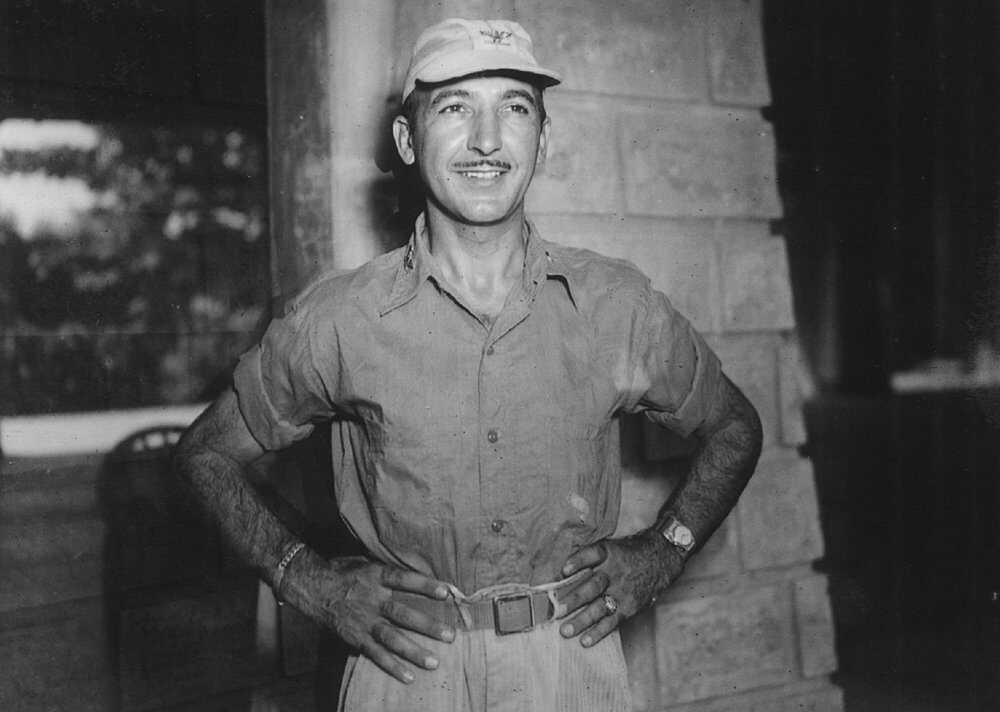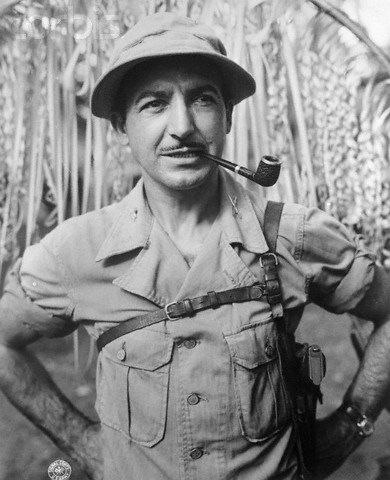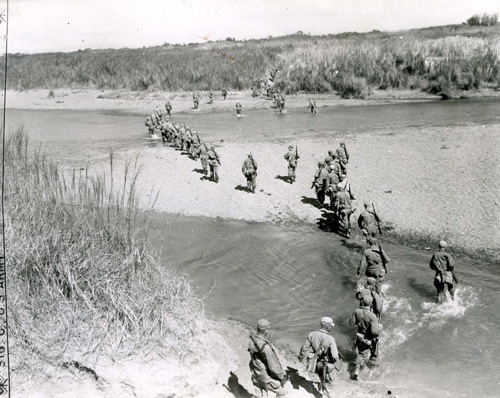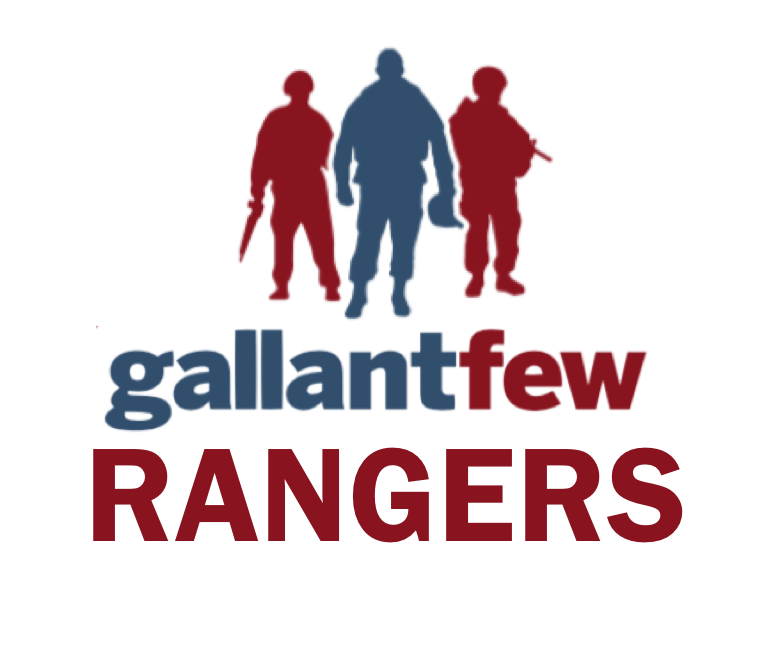Colonel Henry Mucci
Years of service 1936–1946 - Rank US-O6 Colonel
Commands held:
- 6th Ranger Battalion
- Battles/wars World War II
- Battle of Pearl Harbor
- Second Battle of the Philippines
- Raid at Cabanatuan
- Distinguished Service Cross
- Silver Star
- Legion of Merit
- Soldier's Medal
- Bronze Star (2)
- Purple Heart
- Army Commendation Medal
- Presidential Unit Citation
Henry Andrews Mucci (March 4, 1909 – April 20, 1997)
was a colonel in the United States Army Rangers. In January 1945, during World War II, he led a force of 121 Army Rangers on a mission which rescued 513 survivors of the Bataan Death March from Cabanatuan Prison Camp, despite being heavily outnumbered. It is widely considered the largest and most successful rescue mission in the history of the United States military.
Youth
Mucci was born in Bridgeport, Connecticut, to parents who had emigrated from Sicily, Italy. Today, a section of the United States Embassy in Italy is named in Mucci's honor. Henry came from a large family where many of his brothers also served in the Army and Navy during the Second World War, while his sisters worked at the VFW in America and made bazookas in factories.
He enrolled at the United States Military Academy in West Point, New York, and graduated 246th in his class in May 1936. At West Point he was on the equestrian team, due to his early years growing up with horses while also participating on the lacrosse team. Military service World War II
In February 1943, the US Sixth Army put Mucci in charge of the 98th Field Artillery Battalion, previously a mule-drawn pack artillery unit. Mucci announced that the Battalion was being converted from Field Artillery to Rangers, downsized the battalion from 1,000 men to 500, and held a training camp in New Guinea where he utilized commando type training techniques for over a year.

 Thus, Mucci created a new regiment of Army Rangers.
Thus, Mucci created a new regiment of Army Rangers.
Mucci survived the attack on Pearl Harbor on December 7, 1941. During the liberation of the Philippines, General Walter Kreuger and one of his top men, Col. Horton White, chose Mucci to head the liberation of the Cabanatuan Prison Camp due to both the difficulty and the peculiar needs of such a mission.
In January 1945, Mucci led 121 Army Rangers in liberating the Cabanatuan Prison Camp with the loss of only 2 men killed in action. Mucci refused to sit back on the mission and joined his soldiers on the ground in combat, an unusual position for a colonel.
The raid was supported by some 250 Filipino guerrillas, many of whom were unarmed, who guided the Rangers through Japanese held territory and held off Japanese reinforcements while the American Rangers freed the POWs.
For Mucci's actions on the raid he was personally awarded the Distinguished Service Cross by General Douglas MacArthur. Later years When Mucci returned home he was treated as a national hero in his home town of Bridgeport.
In 1947, he married Marion Fountain, with whom he had three children. He ran for Congress in 1946 but was defeated.
He became the President of Bridgeport Lincoln Mercury as well as becoming an oil representative in India. In November 1974, the portion of Route 25 between Bridgeport and Newtown was named the Col. Henry A. Mucci Highway.
He died at 88 in Melbourne, Florida, on April 20, 1997, as the result of a stroke. The stroke was a complication of a fractured hip sustained at age 86, while swimming in rough surf near his home.
The raid on Cabanatuan was depicted in the 2005 film The Great Raid, which featured actor Benjamin Bratt as Mucci, Bratt bearing a remarkable facial resemblance to Mucci.













